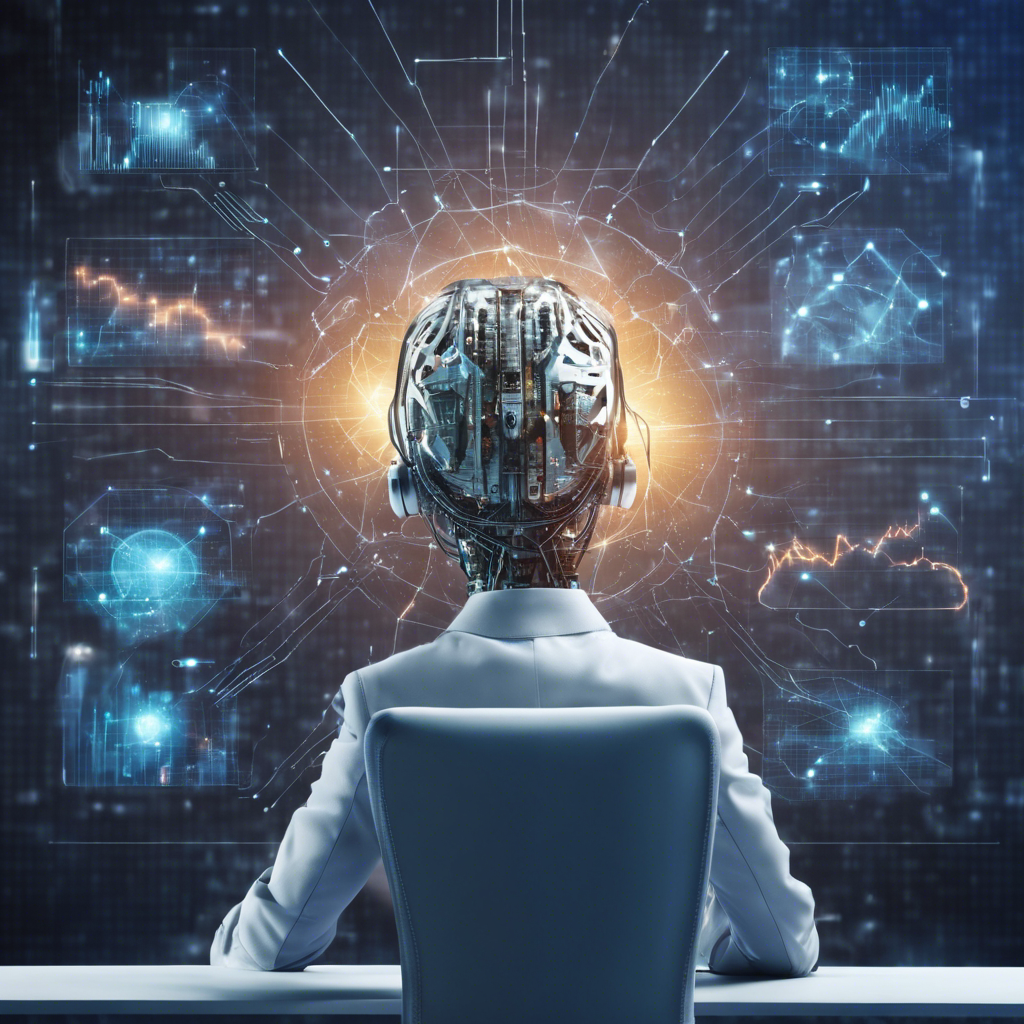The Growing Concerns Over AI’s Impact on the Global Economy

Financial regulators, policymakers, and industry leaders raise red flags about the risks associated with artificial intelligence.
As artificial intelligence (AI) continues to advance at a rapid pace, concerns about its potential risks and impact on the global economy are gaining traction. From financial regulators to top CEOs and politicians, there is a growing recognition that AI poses significant challenges that need to be addressed. Recent reports from the Financial Industry Regulatory Authority (FINRA) and the World Economic Forum have highlighted the emerging risks of AI, particularly in the areas of misinformation, bias, and financial stability. This article explores the key concerns raised by these reports and the implications for the future of AI.
AI-Fueled Misinformation: A Threat to the Global Economy
The World Economic Forum’s survey of 1,500 policymakers and industry leaders revealed that AI-fueled misinformation is considered the biggest short-term risk to the global economy. With elections taking place in several countries, including the United States, Mexico, Indonesia, and Pakistan, there are concerns that AI will make it easier for people to spread false information and increase societal conflict. Chinese propagandists have already been using generative AI to influence politics in Taiwan, raising alarm bells about the potential impact of AI on democratic processes.
Financial Industry Regulatory Authority’s Warning
FINRA, the securities industry self-regulator, labeled AI as an “emerging risk” in its annual report. The report highlighted concerns about accuracy, privacy, bias, and intellectual property associated with AI. While AI offers potential cost and efficiency gains, there are also risks of consumer harm and flawed decision-making. Undetected design flaws in AI systems could lead to biased loan decisions, denying minorities access to credit. Additionally, the reliance of multiple institutions on similar AI models for buy and sell decisions could result in a global market meltdown.
Securities and Exchange Commission’s Chairman Raises Red Flags
Gary Gensler, the chairman of the Securities and Exchange Commission (SEC), has been vocal about the potential threats AI poses to financial stability. He warned of the risks associated with investment firms relying on similar AI models for decision-making. The SEC has proposed new rules to prevent conflicts of interest between advisers using predictive data analytics and their clients. However, industry groups argue that existing regulations already prioritize clients’ needs and that the proposed rules miss the mark.
Supreme Court’s Concerns about AI in the Legal System
Even the Supreme Court acknowledges the potential risks and benefits of AI. Chief Justice John G. Roberts Jr. highlighted AI’s potential to increase access to information but also raised concerns about privacy and dehumanization of the law. The use of AI in legal decision-making could lead to a reliance on AI systems that may not always be able to explain their reasoning, leaving humans uncertain about the soundness of their decisions.
The Need for Responsible AI Development
The concerns raised by regulators, policymakers, and industry leaders highlight the need for responsible AI development. AI systems must be designed to address issues of accuracy, bias, privacy, and intellectual property. Transparency and explainability should be prioritized to ensure trust between buyers and sellers in financial transactions. Additionally, ongoing monitoring and regulation are necessary to track potential risks that emerge from AI development.
Conclusion:
As AI continues to evolve and permeate various sectors of society, the concerns about its impact on the global economy are becoming more pronounced. The risks associated with AI-fueled misinformation, biased decision-making, and financial instability cannot be ignored. It is crucial for regulators, policymakers, and industry leaders to work together to address these challenges and ensure that AI is developed and deployed responsibly. The future of AI depends on striking a delicate balance between innovation and safeguarding against potential risks.

